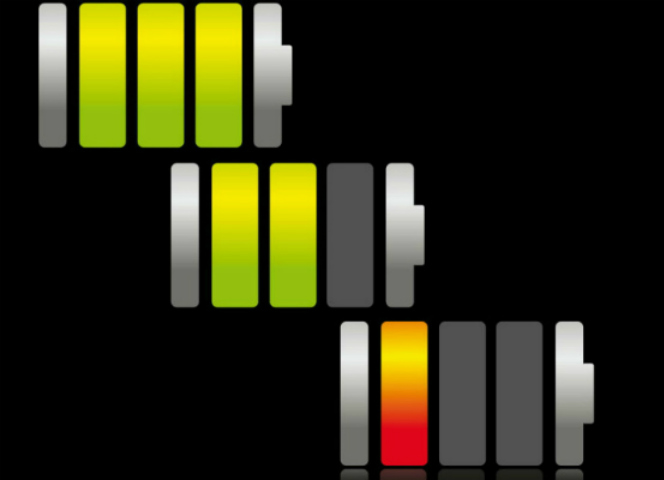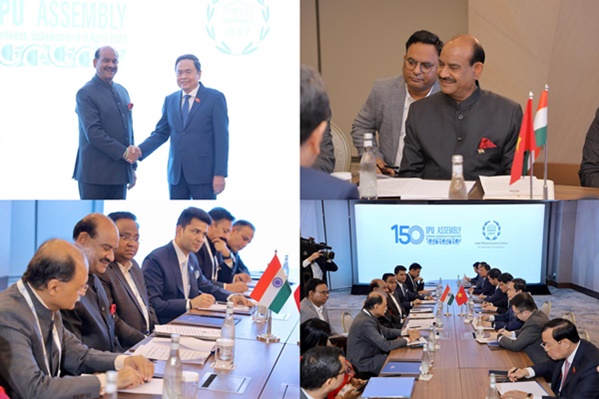Batteries that last five times longer in the offing
Wed 25 May 2016, 12:44:48

Scientists have discovered a new catalyst material which may lead to cellphone and car batteries that last five times longer than current ones.
Kyeongjae Cho from University of Texas at Dallas (UT Dallas) in the US has found the catalyst materials for lithium-air batteries that jumpstart efforts at expanding battery capacity.
"There is huge promise in lithium-air batteries. However, despite the aggressive research being done by groups all over the world, those promises are not being delivered in real life," said Cho.
"So this is very exciting progress. Hopefully, this discovery will revitalise research in this area and create momentum for further development," he said.
Lithium-air (or lithium-oxygen) batteries "breathe" oxygen from the air to power the chemical reactions that release electricity, rather than storing an oxidiser internally like lithium-ion batteries do.
Due to this, lithium-air batteries boast an energy density comparable to gasoline - with theoretical energy densities as much as 10 times that of current lithium-ion batteries, giving them tremendous potential for storage of renewable energy, particularly in applications such as mobile devices and electric cars.
For example, at one-fifth the cost and weight of those presently on the market, a lithium-air battery would allow an electric car to drive 640 kilometres on a single charge
and a mobile phone to last a week without recharging, researchers said.
and a mobile phone to last a week without recharging, researchers said.
Practical attempts to increase lithium-air battery capacity so far have not yielded great results, despite efforts from major corporations and universities. Until now, these attempts have resulted in low efficiency and poor rate performance, instability and unwanted chemical reactions, researchers said.
Cho and Yongping Zheng from UT Dallas have introduced new research that focuses on the electrolyte catalysts inside the battery, which, when combined with oxygen, create chemical reactions that create battery capacity.
According to them, soluble-type catalysts possess significant advantages over conventional solid catalysts, generally exhibiting much higher efficiency. In particular, they found that only certain organic materials can be utilised as a soluble catalyst.
Cho and Zheng collaborated with researchers at Seoul National University in Korea to create a new catalyst for the lithium-air battery called dimethylphenazine, which possesses higher stability and increased voltage efficiency.
"The catalyst should enable the lithium-air battery to become a more practical energy storage solution," said Zheng.
According to Cho, his catalyst research will open the door to additional advances in technology.
The findings were published in the journal Nature Energy.
No Comments For This Post, Be first to write a Comment.
Most viewed from Specials
Most viewed from World
AIMIM News
Latest Urdu News
Most Viewed
May 26, 2020
Do you think Canada-India relations will improve under New PM Mark Carney?
Latest Videos View All
Like Us
Home
About Us
Advertise With Us
All Polls
Epaper Archives
Privacy Policy
Contact Us
Download Etemaad App
© 2025 Etemaad Daily News, All Rights Reserved.













.jpg)
.jpg)
.jpg)
.jpg)
.jpg)
.jpg)























